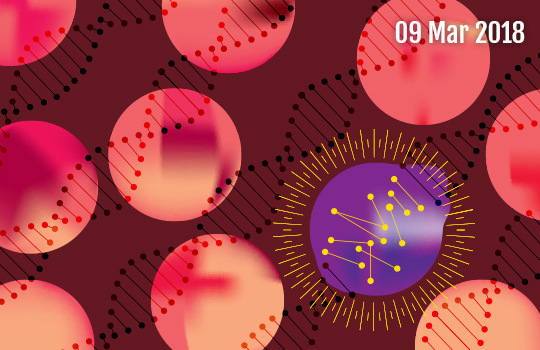Just as different people have different characteristics and play diverse roles in society, different cells have their own unique identities and functions within an organ. Even when the cells ‘go rogue’ and become pathological, as in the case of cancer, the diversity of cell types in tumours remains important at the individual cell level. We can better understand the initiation and progression of cancer, and better treat the disease, if we study and understand the cancers at single-cell level. Using novel technologies such as microfluidic devices and next-generation sequencing, biomedical professionals can now profile individual cells with great accuracy and sensitivity, allowing them to view cancer in an unprecedented way. These technologies could help identify cancer stem cells and profile their characteristics, leading to new ways of diagnosing cancers and applying therapeutic treatments.









